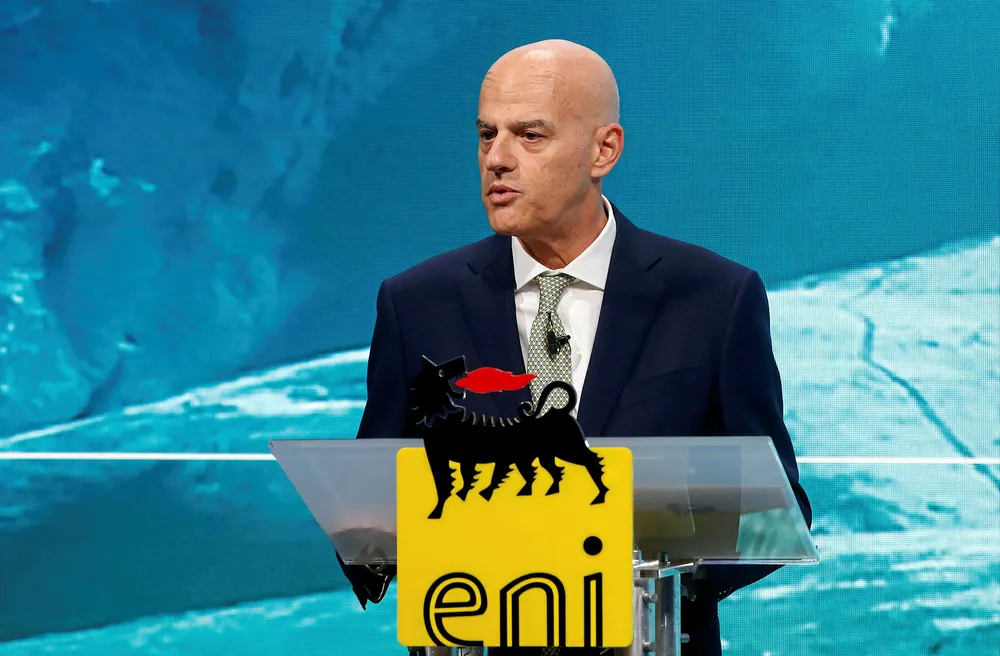‘Vitally important project’: Eni awarded licence for carbon storage in the UK
Industry body OGA backs project expected to reuse and repurpose depleted hydrocarbon reservoirs in the East Irish Sea

Industry body OGA backs project expected to reuse and repurpose depleted hydrocarbon reservoirs in the East Irish Sea
